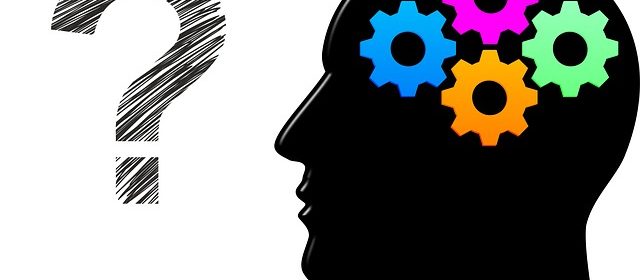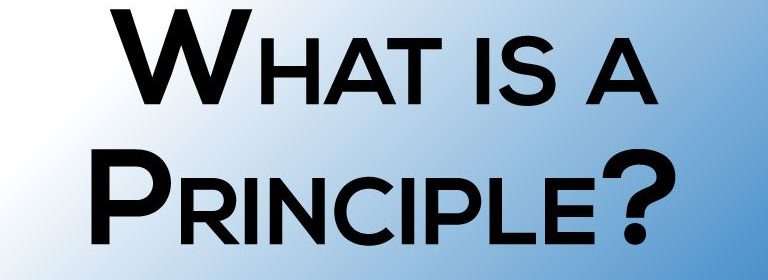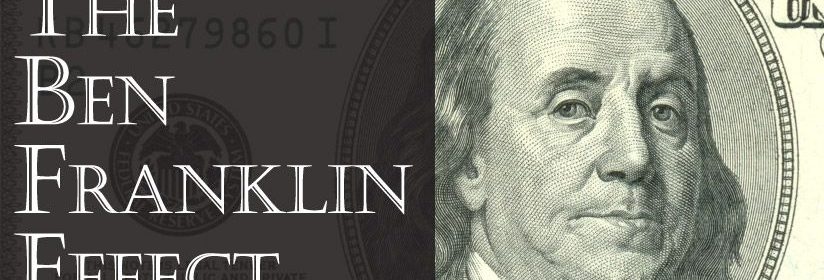Developing Our Capacities to Think and Learn

I learn and look at what is valid or invalid in anything I choose to reflect upon, by comparing it to principles of truth and morality, then I try to figure out what lays underneath its manifestation, and I target the underlying causal forces that produce the effects, manifestations, symptoms or results. Study the effects, manifestations, symptoms or results to […]
Continue reading »







